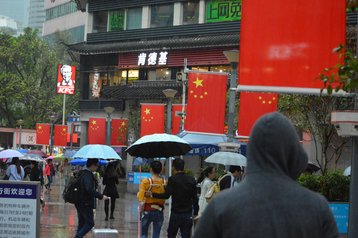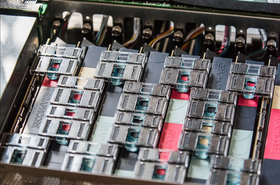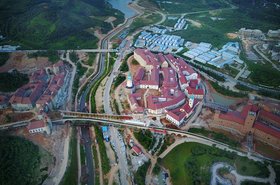Chinese tech companies Alibaba and Baidu have both shut down their quantum computing research units.
E-commerce and cloud giant Alibaba closed its research lab in November 2023, with Internet search provider Baidu following suit in January.
At the time of closure, Alibaba donated both its research lab and the related experimental equipment to Zhejiang University and said its in-house research initiative DAMO Academy would pivot its focus to artificial intelligence. Around thirty people were let go as a result of the lab’s closure however, it was reported that Zhejiang University will attempt to recruit the affected employees to work on its own quantum research.
Baidu also handed off its research facility to an academic institution, donating its lab to the Beijing Academy of Quantum Information Sciences (BAQIS).
Neither company has publicly stated the reasons for the closures.
Chinese government labels quantum computing a strategic priority
In the same month Baidu closed its research facility, the Chinese government’s Department for Science and Technology published a document outlining its strategic priorities. Included on the list was the deployment of quantum cloud platforms and efforts to strengthen the research and development of quantum computing technology.
In 2020, scientists in China claimed they had built the first photonic quantum computer to claim quantum supremacy.
Known as Jiuzhang, the system was reportedly able to perform certain computations nearly 100 trillion times faster than Japan's Fugaku supercomputer, which was the world’s fastest supercomputer at the time.
Researchers in China said the 53-qubit processor could detect up to 76 photons through Gaussian boson sampling in three minutes, something that would have taken 10,000 years on the 442 petaflops Fugaku system. They also claimed that their system is 10 billion times faster than Google's Sycamore machine, the only other system to have ever achieved quantum supremacy.
However, the claims about Jiuzhang have not been independently verified.







